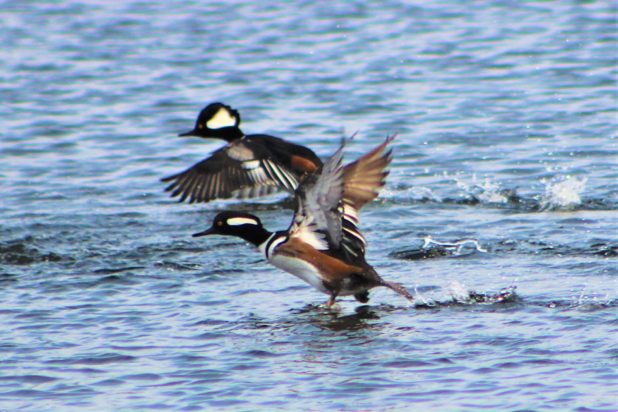Commentary
Eyes of the world
November 12, 2019

Nov. 12, 2019
By Nate Smelle
There is hope for a future of peace, love and understanding in every action we take to ensure the health and happiness of those we love. This holds true on all levels – personally, communally, provincially, nationally, internationally and even ecologically.
No matter how misguided, frivolous or futile our attempts to achieve these all-important goals may be, our actions and in-actions are, at least in our own minds, all a step towards the best world possible. Everything we say and do speaks loudly, shedding light on our interpretations of what constitutes a better world. Upon realizing this we are faced with the dilemma of discerning what aspects of our lives truly make us happier and healthier.
It doesn’t require a very long ride on this train of thought to realize that the material possessions in our collections are not the source of our happiness. Likewise, when we look at the social, economic and ecological damage caused by the manufacturing of the “stuff” within our possession – most of which requires copious expenditures of fossil fuels, petroleum-based plastics and heavy metals – it is certainly not the source of our good health either.
Investigating the ecological impact of plastics alone, the results one finds are staggering. The pervasiveness of our plastic problem stretches from pole to pole; and there is evidence of it having a harmful and often deadly impact on the health of every ecosystem and its inhabitants. One study published in the official journal of the National Academy of Sciences in September of 2015 found that globally there is up to 580,000 pieces of plastic per square kilometre. This same study also concluded that plastic waste can be found in the stomachs and intestines of more than 90 per cent of the world’s sea birds. Furthermore, another study in Global Change Biology also found that 52 per cent of sea turtles have ingested toxic plastic trash.
According to yet another study published by the Ellen MacArthur Foundation entitled The New Plastics Economy – Rethinking the future of plastics and catalysing action, if the world does not take immediate action to address this ecological crisis, the plastic trash contaminating our oceans will outweigh the entire biomass of every fish swimming in them.
In many ways both our health and happiness depend on the quality of our water. Many of us, myself included, enjoy being in, on or near the water. Considering the fact we can only survive about three days without clean water to drink, every one of us also owe our lives to this precious liquid. It flows through our rivers and streams providing life to every living thing. Similarly, it flows through our veins in every moment … invigorating us with vitality and giving us the opportunity to enjoy another day.
Recognizing that our quality of life is interdependent with the quality of our water, for me at least, a better world is only possible when every one of us has access to clean drinking water. As long as we continue allowing the production of non-recyclable and single-use plastics that inevitably break down and pollute our waters, we also continue to knowingly poison ourselves while depleting the potential of future generations to live in health and happiness.
Our material possessions are an extension of who we are as individuals. Every time we give into convenience and opt for the disposable alternative, we lose a piece of ourselves and add another piece of plastic to the 580,000 pieces already littering each square kilometre on Earth.
Luckily for us, our eyes are the eyes of the world. We see and understand the crisis; and we have the knowledge and power to stop contributing to the problem and be part of the solution. All we need to do is ask ourselves whether what we are doing to the planet as individuals and as a species through our actions and in-actions is making the world a better place for those we love most.


















